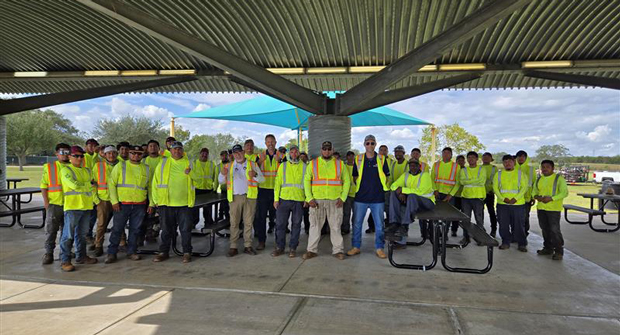
Previously an owner of a landscape company, Patrick McGuiness is now a founding attorney at Zilmen & McGuiness in the Minneapolis-Saint Paul, Minn., area. He works with business owners in the green industry on everything from drafting contracts to compliance issues. While laws and regulations vary by state, he shares legal concerns professionals in the green industry should know and understand that are universal across the country.
Most litigation issues McGuiness sees relate to work that has or hasn’t been done and other contract disputes.
“You need contract language that protects your rights, like how you get paid, how much is due as a down payment, when payments become overdue, can you charge fees for credit card processing and how disputes will be handled,” McGuiness says.
That’s also true for subcontracted work. McGuiness advises contractors to include contract language that gives them permission to subcontract work.
“You also need a written agreement between you and the subcontractor,” he says, noting it’s important to specify that the subcontractor must have insurance. “It should show what portion of the project is the contractor versus the subcontractor, project timeline, specifications, compensation and a nonsolicitation clause so the subcontractor doesn’t go after the contractor’s customers or employees — and keeps the contractor’s pricing and trade secrets confidential.”
Customer responsibilities
In addition to calling public utilities to mark a property before digging, contractors should include in the job contract that the customer is responsible for marking privately run utilities. That includes invisible pet fences, irrigation and small gas lines installed for grills or fire pits.
Homeowners also need to get their property line marked or have a survey if a contractor will work near it.
“If you’re doing a retaining wall or paver patio that’s close to the property line, get language in the contract that states the property owner promises to cover costs if anything has to be moved because they’re wrong with the property line,” he says. “Even if it’s just by an inch, it matters.”
Worker classification
While a lot of businesses classify workers as independent contractors, they often don’t meet the legal requirements of the qualification. A lawyer can go over a worker’s employment status to help determine if they qualify.
“If the Department of Labor comes in and reviews, they get to make the determination if they should be an employee or independent contractor,” McGuiness explains. “If they determine they should be an employee, you have to pay back overtime and back taxes. That adds up.”
Succession planning
Whether looking to sell or pass the business down in the future, owners can turn to a lawyer to create a legal timeline for that to happen.
Factors to consider are family members or employees involved and how they might begin to take ownership, outstanding debt, how that will be collected, and the owner’s future livelihood once he or she moves on from the business.
No matter the size of a company, McGuiness says landscapers need to take a proactive approach to the legal aspects of their business. He encourages owners to interview lawyers with either green industry or construction law experience to find the right fit. If they already work with an attorney, they can request an annual business review to cover items that need to be renewed or addressed.
“There’s always going to be something you need to fix or improve on, and it helps to have someone who can key you in on those things,” he says. “It’s important for the industry as a whole to continue staying on top of these things because it’s important for the survival of their companies and safety of everyone.”


